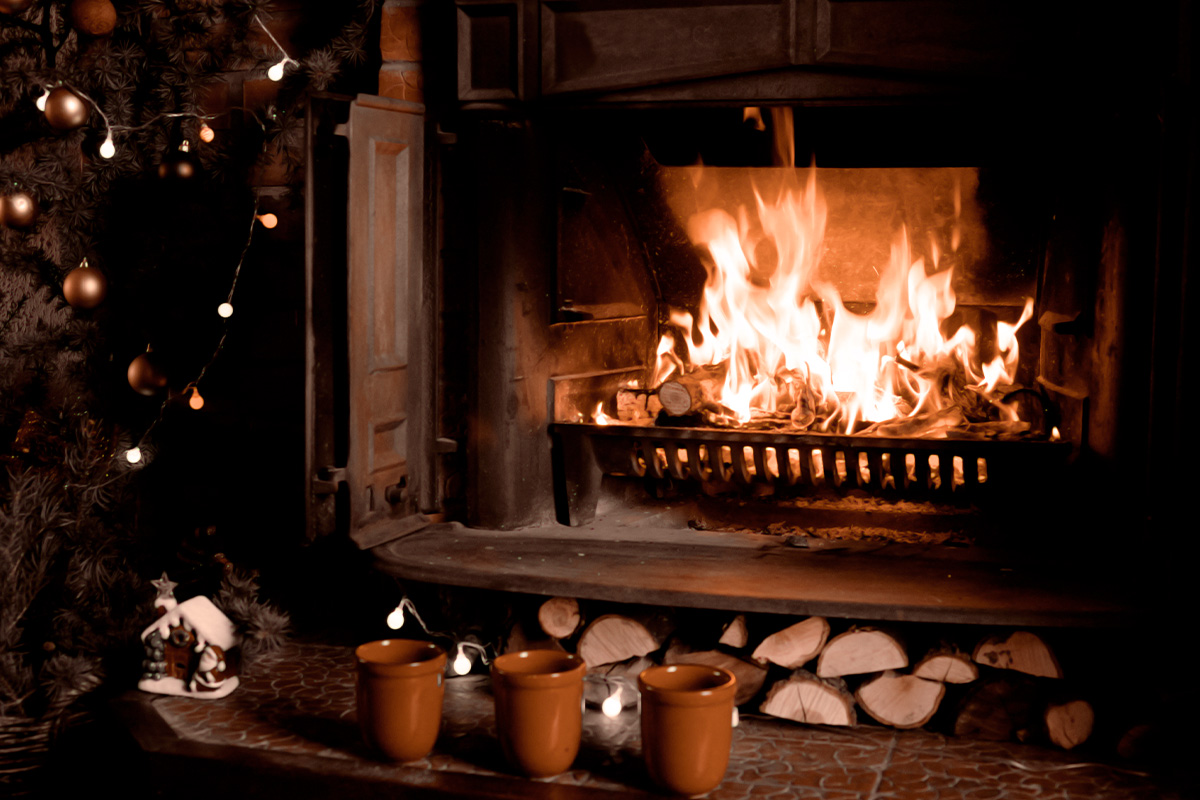For a long time, I figured that I, a Jewish person, celebrated Christmas because my mom’s side of my family is secular Christians. As I got older, I realized that my dad’s Jewish side of my family also celebrated Christmas. It isn’t a huge holiday for them, but usually includes lox, bagels and a cutthroat basketball game at my great uncle and aunt’s house.
While Christmas largely felt like the backdrop in an excuse to get together, I learned that observances of the holiday on this side of my family date back at least four generations to pre-World War II Berlin, where my great-grandmother had a tree in her home and partook in Yuletide festivities.
After immigrating to the United States, my great-grandparents kept up their Christmas tradition. In exchange for access to their electricity, the Christmas tree lot next door to their house in Sacramento would give them a free tree each year. My great-grandma loved Christmas, especially the smell of the evergreen trees, which were reminders of the home and family she’d lost in Berlin. Both of my paternal grandparents grew up celebrating Christmas, engaging with it as part of wider American culture, and they kept up the tradition with their own children.
In the 1960s, my grandparents, my dad and his brother celebrated Christmas with a tree and presents in their home until, after attending Sunday school, his brother announced to the family that Christmas was not an appropriate holiday for them to celebrate as Jews. From then on, they refocused their December holiday activities on Hanukkah, but Christmas traditions persisted in their extended family.
Over the years, my family’s busy end of December evolved to include time spent with relatives on my mom’s side, a Christmas brunch with my dad’s cousins, lighting of menorahs if Hanukkah falls on those days, and a made-up holiday on the 23rd that we call “Cioppino Night” where we eat seafood stew and exchange gifts (because why not?).
Although we typically repeat similar festivities each year in the name of tradition (and an excuse to get together), these celebrations are full of meaning. Christmas, it seems, has been a way for us to connect with our neighbors, and to feel included in the fun of those around us. But that doesn’t mean these celebrations haven’t been met with resistance, stemming from wariness about assimilation and anxiety about not being Jewish “enough.”
Personally, even though I received presents from Santa, I never felt 100% on board with Christmas. I’ve always celebrated it, but also never felt like it was “my holiday.” I feel hesitant to fully adopt Christmas because, as much as it may be about family, warmth, decorations, food and presents, it’s also a decidedly Christian holiday.
It wasn’t until I heard “Silent Night” for the first time that I registered the distinct religiosity of Christmas. I was in second grade, at a cookie-decorating party with my Girl Scouts Brownie Troop, where we were prompted to sing Christmas carols. While I was fairly pumped about the cookie-making and down with a chorus of “Jingle Bells,” I was jarred by the mentions of baby Jesus in “Silent Night,” which I’d never heard before. I suddenly felt out of place in the group, realizing I was being asked to participate in a religion that was not my own.
While I feel excluded from more religious-heavy Christmas celebrations, I also worry that if I embrace any aspect of Christmas too much, that it means I’m a “bad Jew” who’s too keen on assimilating and not tough enough to reject Christian consumerist hegemony.
All this overthinking about Christmas hasn’t led me to any super toasty take like “everyone should celebrate Christmas” or “Jews should wholeheartedly reject Christmas.” What I have realized is that this topic is so fraught because it touches on issues of belonging, both to the secular/Christian societies we live in and to our Jewish communities.
As a fairly secular Jew from a mixed-faith family, I’m primed to hold complexities and nuance, and I guess I’ll try to do just that with Christmas.
Whether it’s eating Chinese food and going to the movies, observing new holidays like Festivus or Cioppino Night, or putting a Christmas tree in your living room, there’s something to be said for warming up a dark night and gathering with loved ones on (what’s hopefully) a day off.
This Christmas, I hope to enjoy the holiday as much as I can, with my mom’s gentile side of the family and with my dad’s Jewish side — where we celebrate in our own, distinctly Jewish way.



